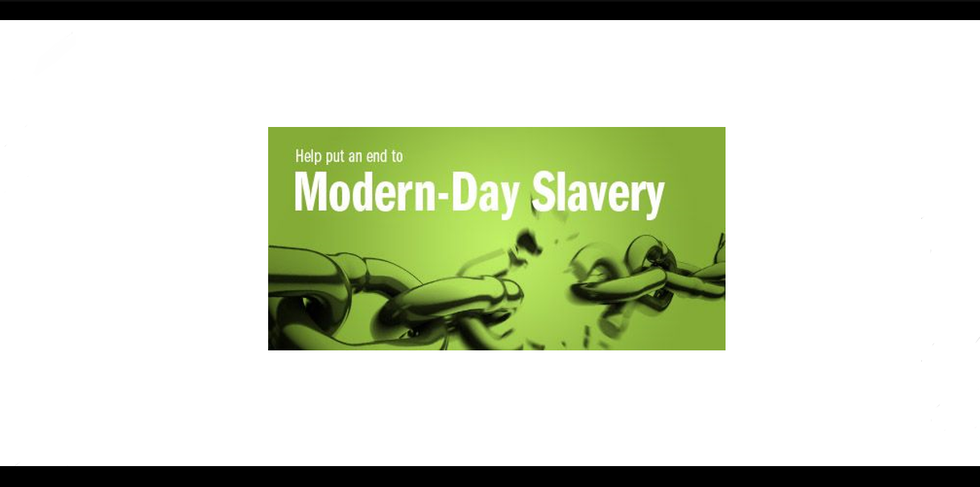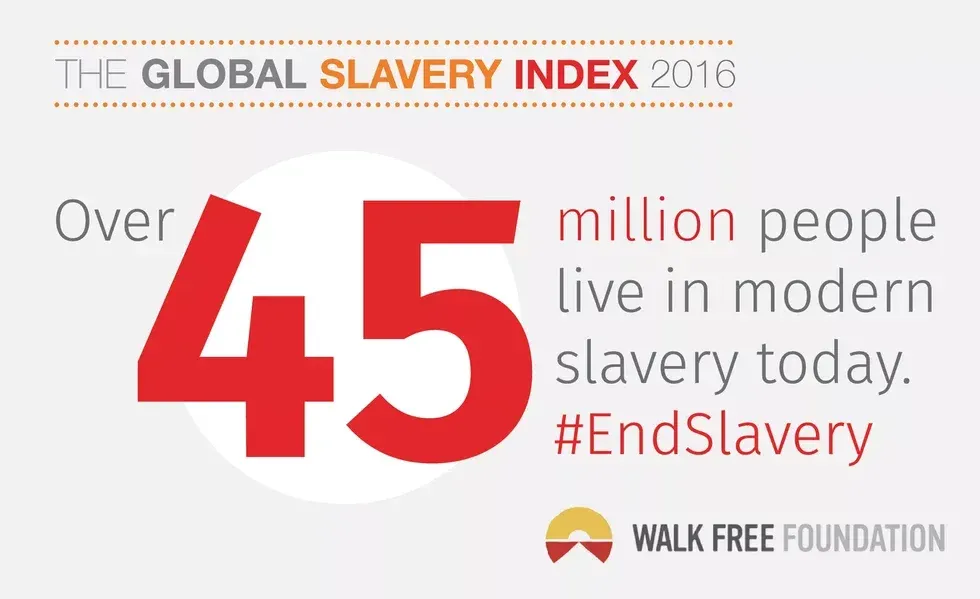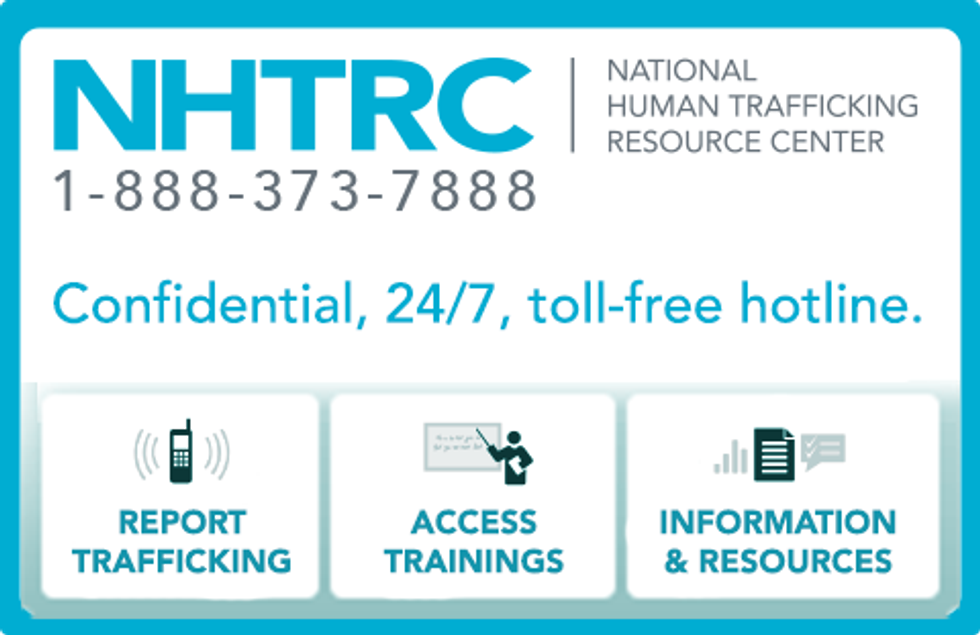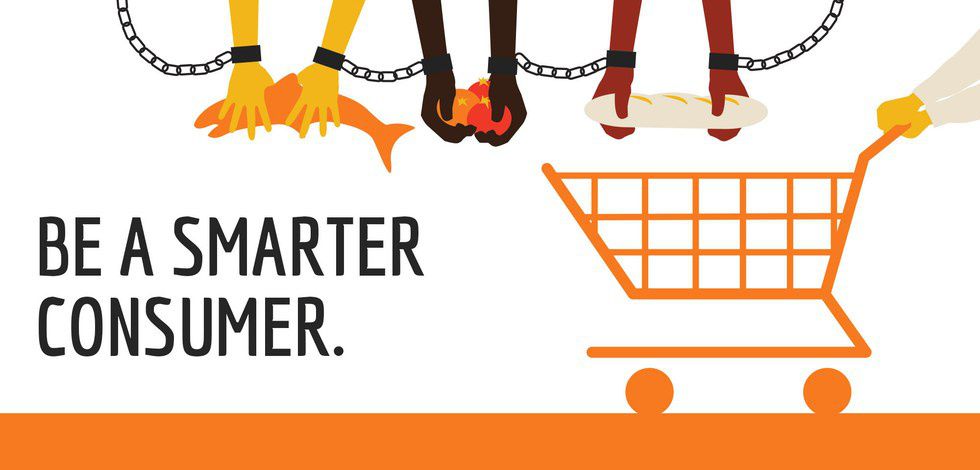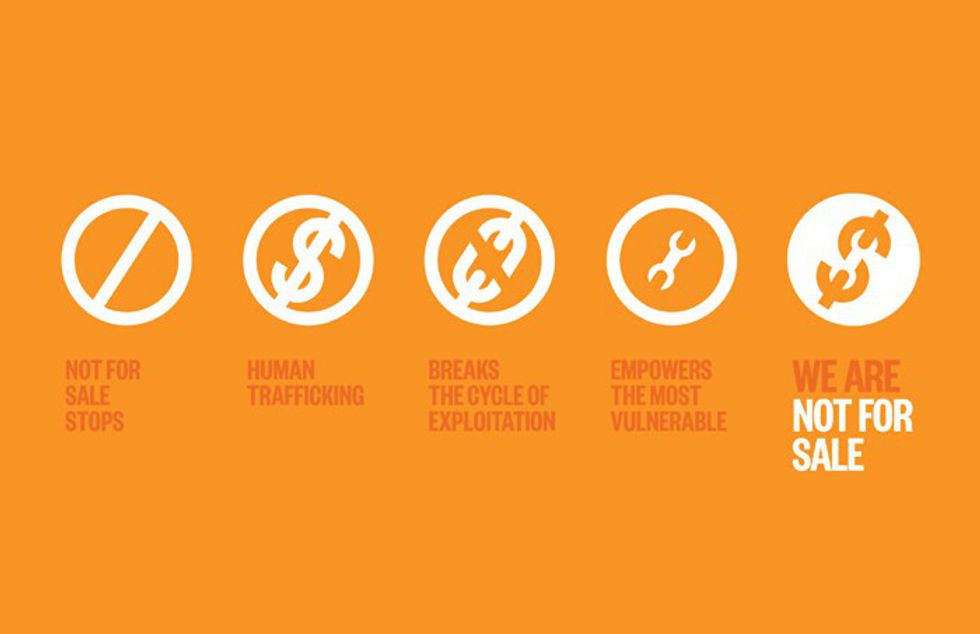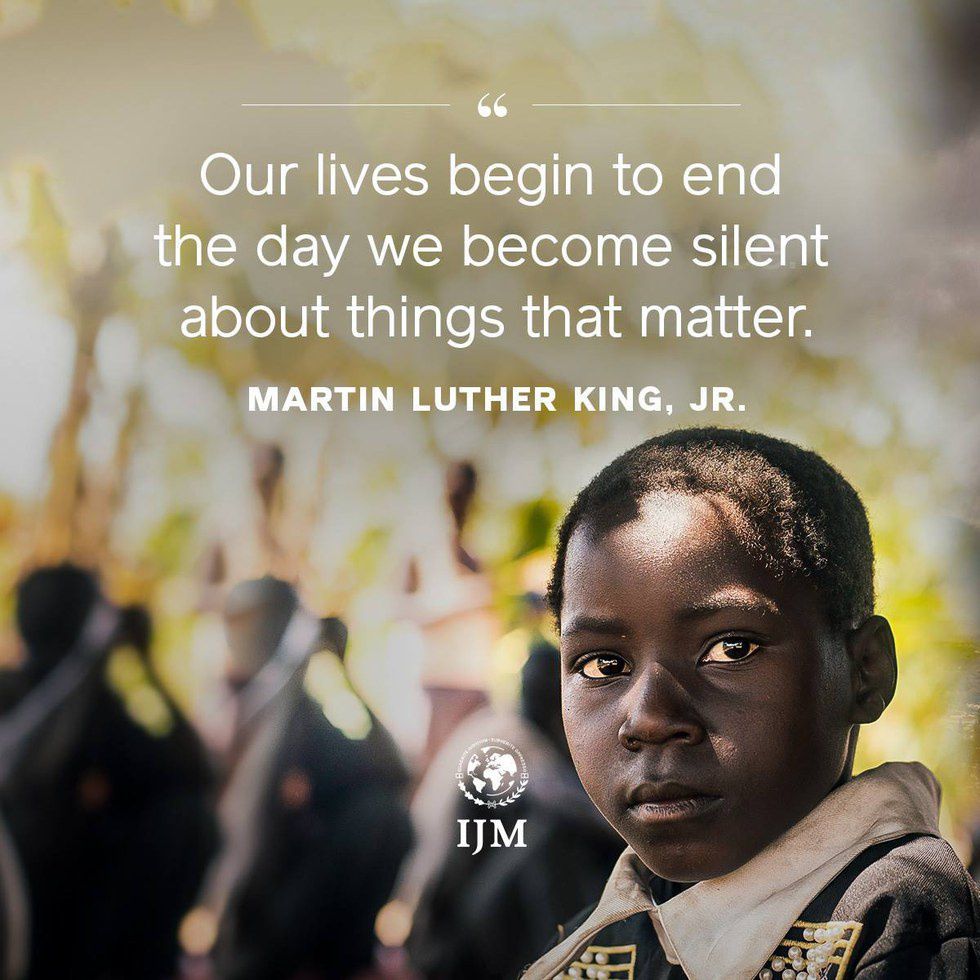Simply knowing the statistic that 45.8 million individuals are enslaved in our world is not enough to put an end to the malpractice of modern-day slavery. We all can and should play a part in the international advocacy for the freedom and rights of all, not only as fellow human beings, but also as concerned community leaders and consumers in the global economy.
Here are 10 ways you can help put an end to slavery in the 21st century.
1. Be informed.
Learn about modern-day slavery’s existence, how to identify the signs of victimization and the different forms under which it may appear. This helps ease your identification of exploitation if you ever bear witness to a suspicious or potential trafficking incident and is the first step which must be taken to further your antislavery advocacy.
2. Help keep others knowledgeable.
Often times the most underrated form of activism, spreading awareness can be effective in mobilizing individuals and making them more involved in this global fight for human rights. Whether it be following the latest news on modern-day slavery and sharing it with friends on social media or even hosting an awareness event in which you watch a documentary on slavery, such as CNN’s Cocoa-nomics, ensuring that others are aware of this injustice’s existence is essential if anything is to be done to combat or eradicate it. You can even work with your local church or religious congregation to further inform a larger audience on this injustice.
3. 1 (888) 373-7888.
Keep the National Human Trafficking Resource Center ’s 24/7 confidential hotline handy. Saving this number in your contacts and using it whenever suspicious of having seen a victim of human trafficking is one of the easiest and most effective ways to aid law enforcement officials in uncovering exploitation, bringing traffickers to justice and victims to freedom and restoration.
4. Be a conscious consumer.
Realize that modern-day slavery is in our backyards, not only exploiting our neighbors, but also plaguing our supply chains and staining our commerce. Learn about your slavery footprint and help to disseminate knowledge on the use of forced and child labor in the supply chain to increase overall consumer awareness.
5. Consume with a conscience.
Purchase Fair Trade certified goods which guarantee that no slavery was used in the creation of the product. You can even launch a Fair Trade campaign in your town or church or contact and petition your favorite brands and stores to begin producing and carrying Fair Trade.
6. Volunteer your time.
Volunteer or intern with antislavery organizations to get hands-on experience in combating this human rights issue. You can even support local anti-trafficking initiatives by volunteering in community awareness events which are truly gratifying experiences that help inform individuals previously unfamiliarized with the issue. For example, this past summer I volunteered with the Before Our Very Eyes campaign for a local Human Trafficking Awareness Day event, which received traction in San Mateo County, an area disproportionately impacted by human trafficking as the Bay Area is one of the largest trafficking hotspots in the state of California.
7. Organize a local fundraiser.
Even if you do not have the personal time to spare for volunteering in the community, you can donate to an anti-trafficking organization, such as International Justice Mission or Not for Sale, to help advance their human rights missions. Simply forgoing your daily cup of coffee (in exchange for a Fair Trade version at home) can translate to nearly $1,500 of donations a year!
8. Empower and invest in trafficking survivors.
Businesses can play a big role in a trafficking survivor’s path to restoration by offering jobs, internships, scholarships or other opportunities to those adversely impacted by modern-day slavery.
9. Take action on campus.
Join an anti-slavery student organization or club that helps spread awareness about the issue on campus, such as Cal’s Anti-Trafficking Coalition at Berkeley (BATC). And if your school does not already have a club, start one! Be the catalyst for change by starting a very important discussion at your school about ensuring freedom for all.
10. Be politically aware and proactive.
Contact or write to your local, state and/or federal government representatives to see what they are doing to combat human trafficking domestically and abroad.
I hope that you decide to partake in at least a few of the aforementioned forms of modern abolitionist work, as the fight for human rights and dignity is certainly one to care for because in the wise words of the great Dr. Martin Luther King Junior, “Our lives begin to end the day we become silent about things that matter.”
Let’s do our part to help abolish slavery once and for all!



